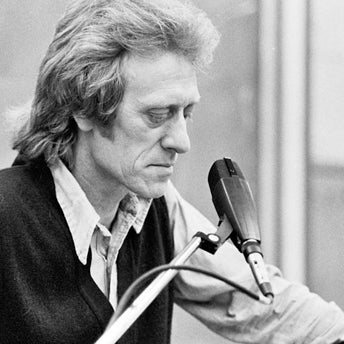
In a brief preface to this, his only novel, Ed Dorn describes By the Sound as "a sociological study of the basement stratum of its time: the never-ending story of hunger and pressing circumstance in a land of excess." James Randall, reviewing the book in Ploughshares, describes it in more concrete detail, and places it in a larger literary tradition:
"One of the things the novel can do for its readers is to extend their range of sympathy, to make them see with clarity groups of people they might otherwise overlook . . . This is one of the main impulses of writers such as Dreiser, Steinbeck, or Solzhenitsyn, who not only want to record certain kinds of social oppression but also want to correct them. [Another] such writer is Edward Dorn.
"By the Sound is a regional novel. . .surprisingly conventional in form. . . whose subject is a hardscrabble place and the ways of those who struggle to live there. One could look to The Country of the Pointed Firs and Winesburg, Ohio for its literary models.
"The title refers to Puget Sound in Washington State, and the main characters are marginal workers who, in the bleak late 1950s, scrape out an existence in that gray and misty land. Carl Wyman and his wife, Mary, come to the Sound to escape poverty in Seattle; they live there for a year, and leave with their hopes for a better life abandoned. Their problem is that the work they find is seasonal, done for meager wages on large fruit farms; during the winter they must visit the employment office, where they wait in line, fill out forms, and only seldom find jobs. When they do work, their jobs pay only seventy-five cents an hour. The unions do not care about them because they have few skills and cannot pay their dues. They live in pea camps made of tarpaper shacks having little warmth or space. Some of their fellow pea-campers do carpentry, but most are unskilled workers who tamp down hay in silos, tend bar, or gather eggs on chicken farms.
"Edward Dorn tells the stories of the Wymans and their friends in a prose that is plain and sometimes awkward but is always compassionate and undeniably powerful. He has a feel for the spirit of place and for the nuances of emotion. What he is telling his readers and the American ruling class is 'For God's sake, have a heart; treat other people as human beings.' It is a bell sounded by a great moralist, one that must be continually rung if we are to stay awake and alive."

